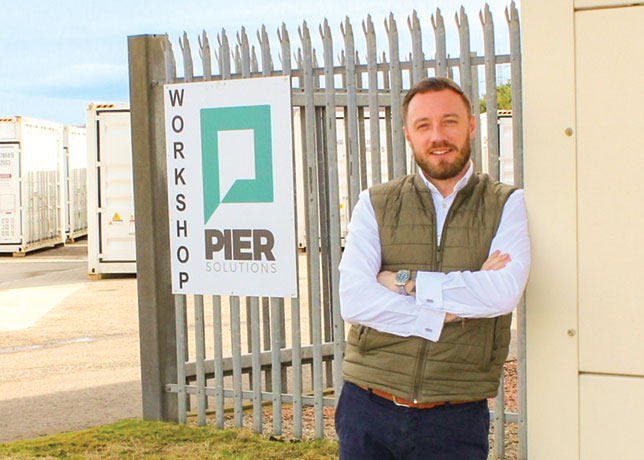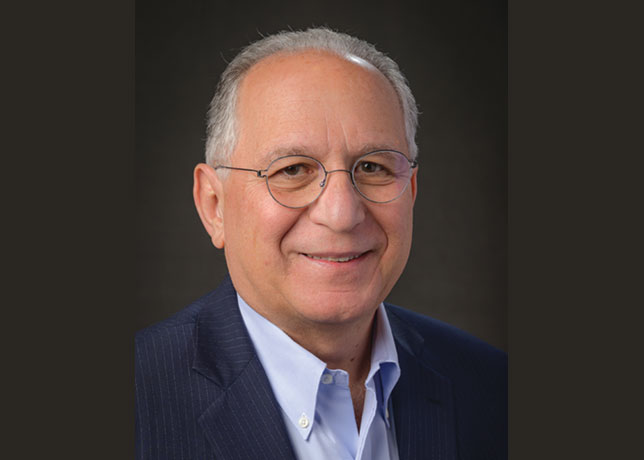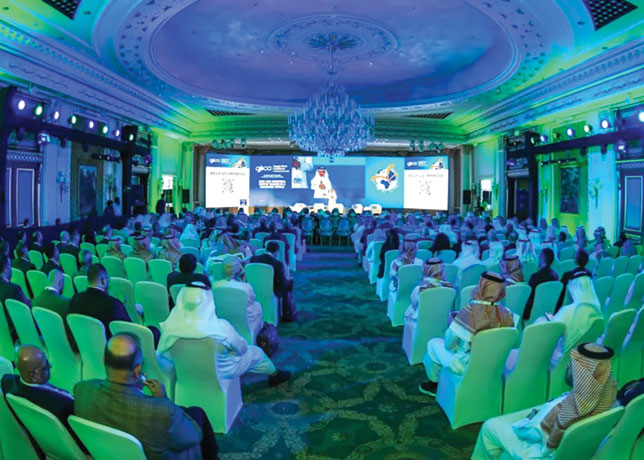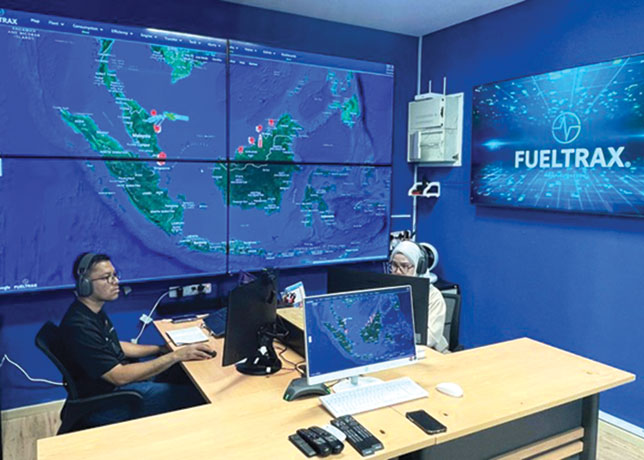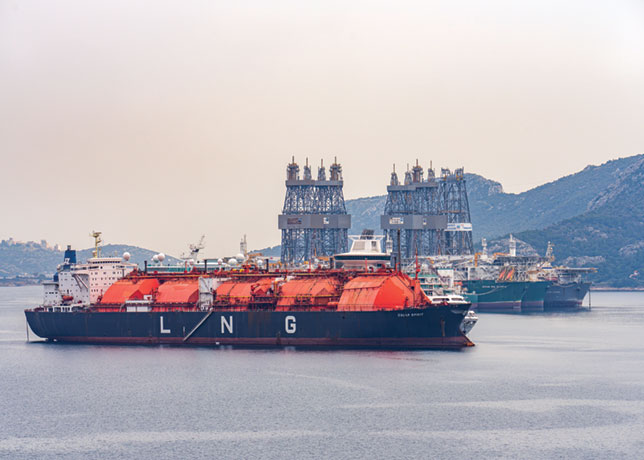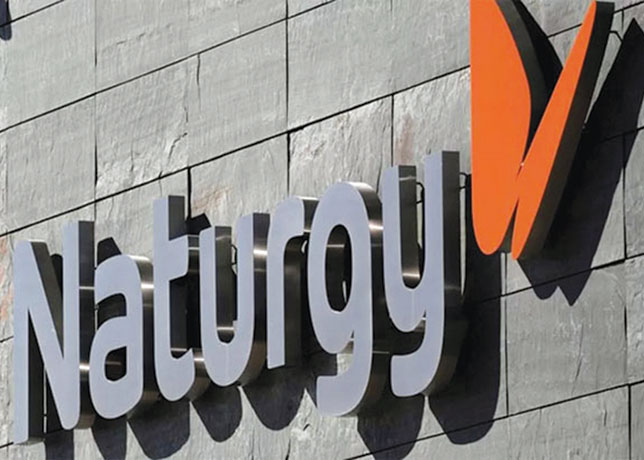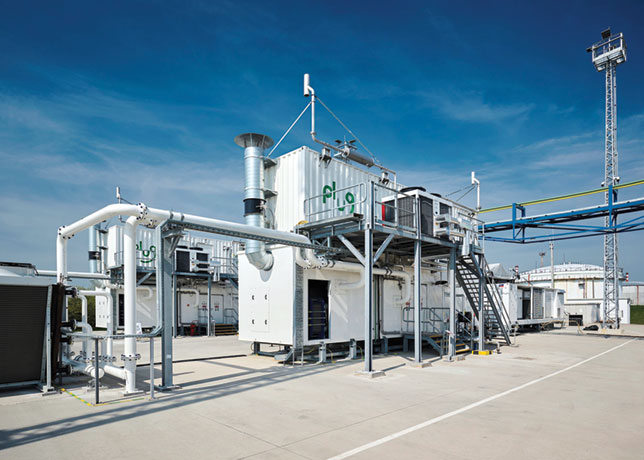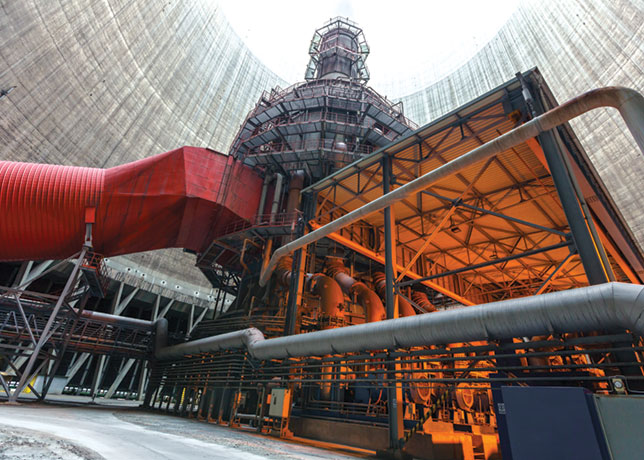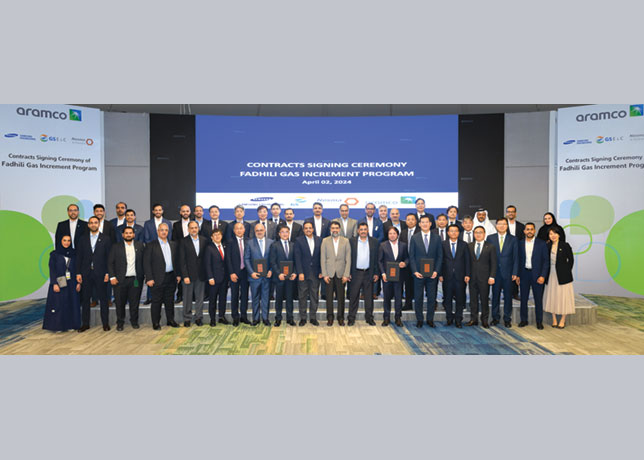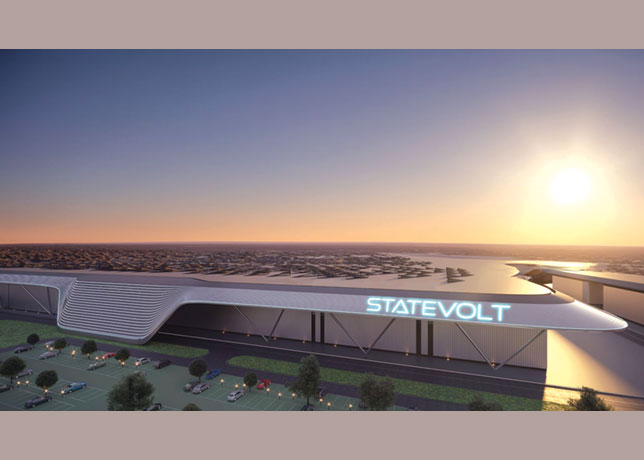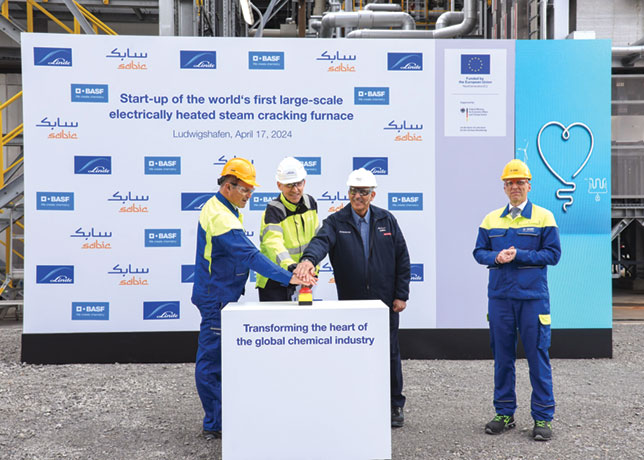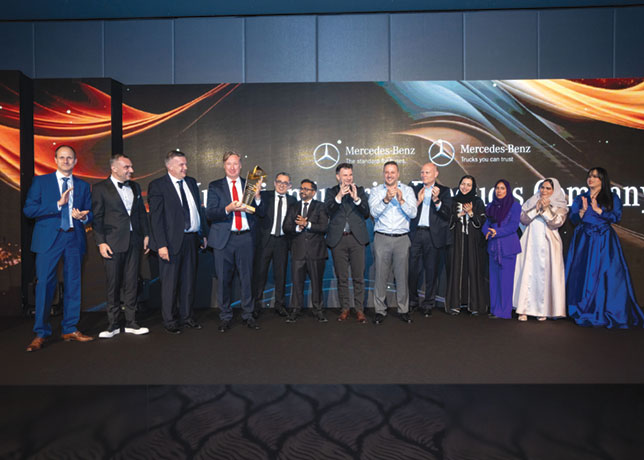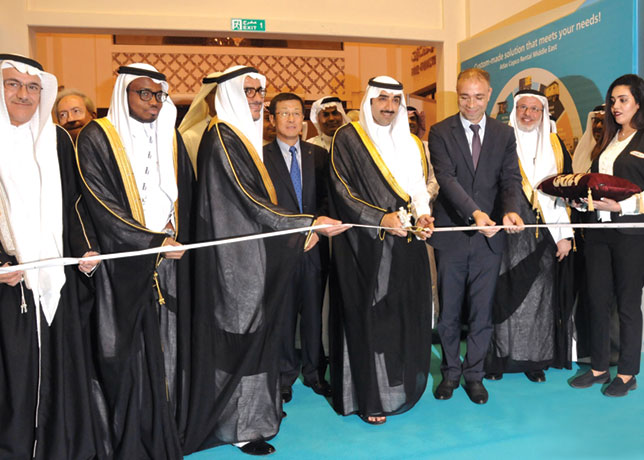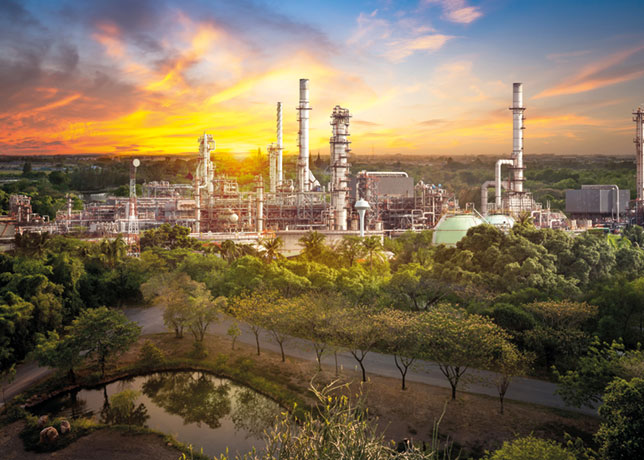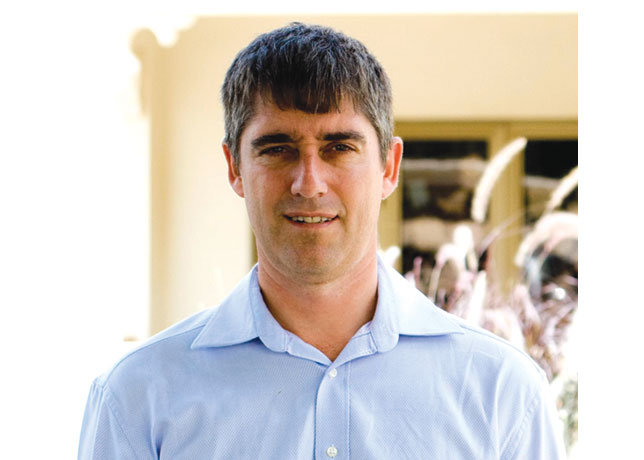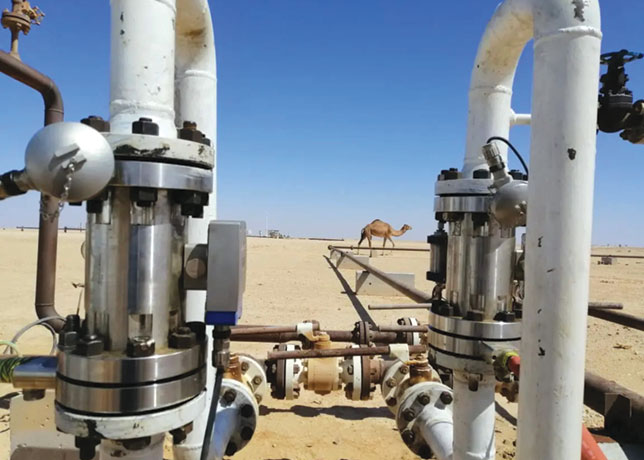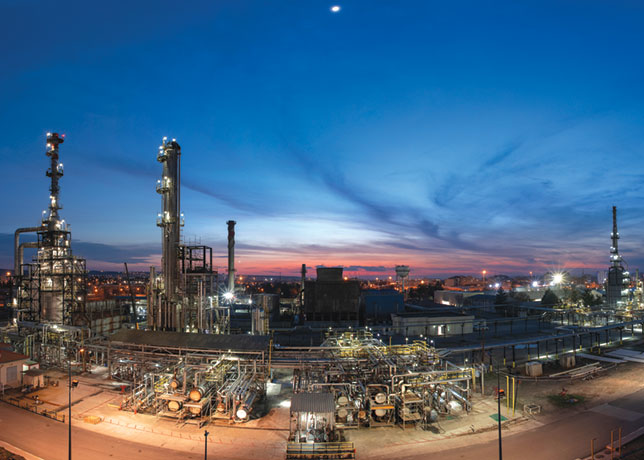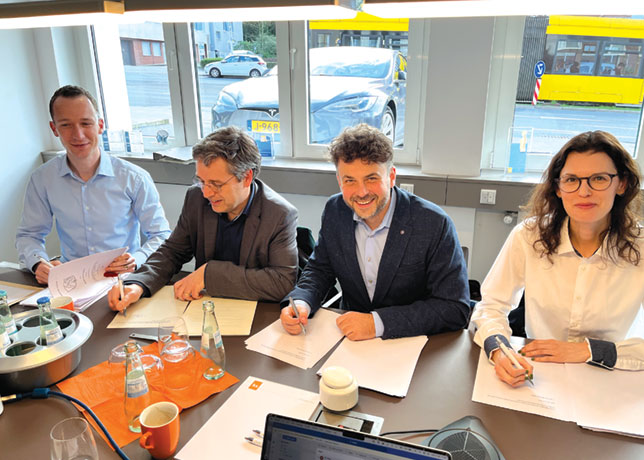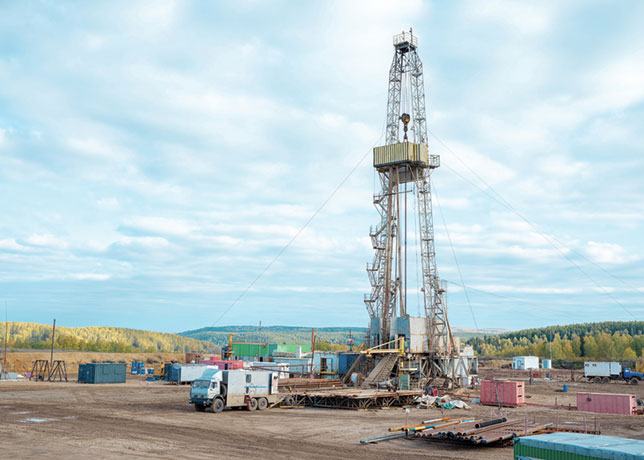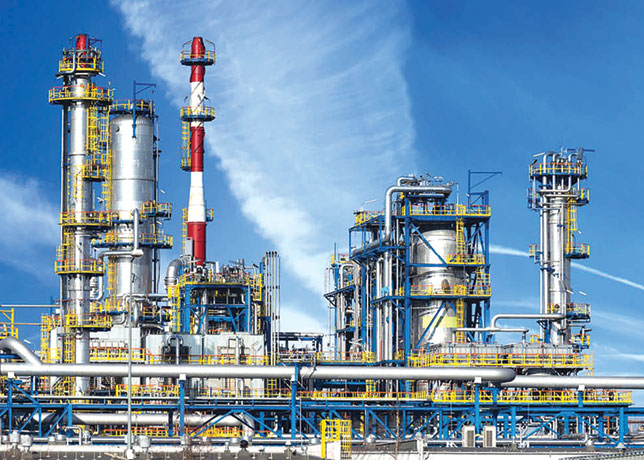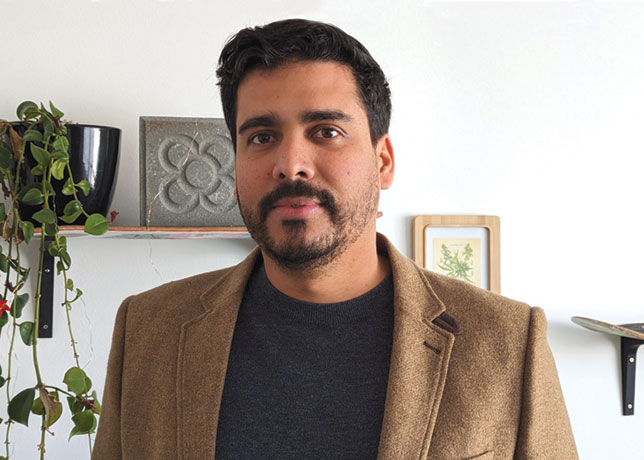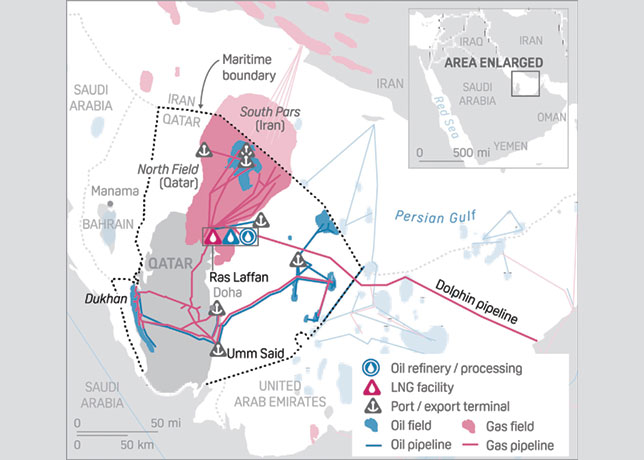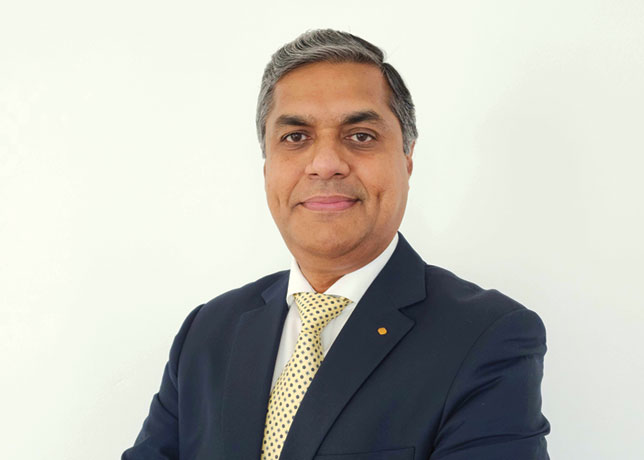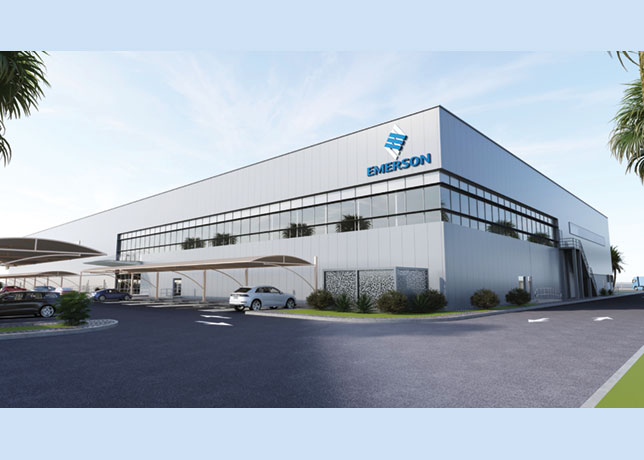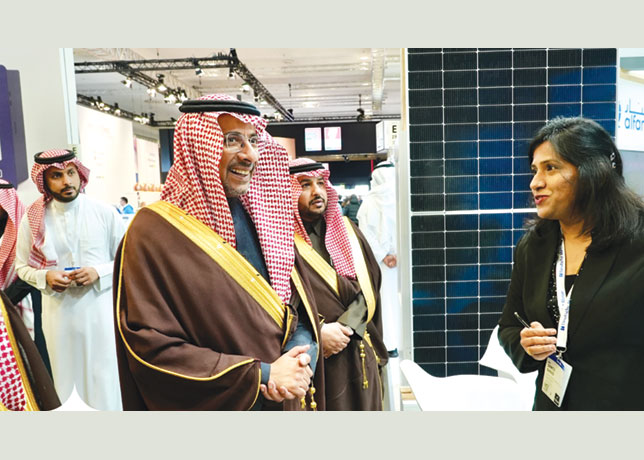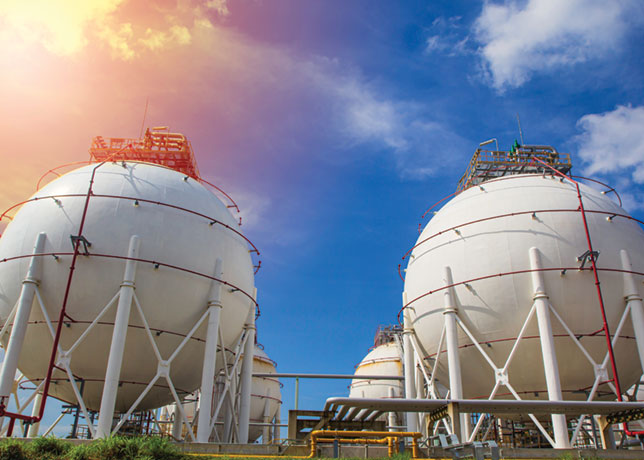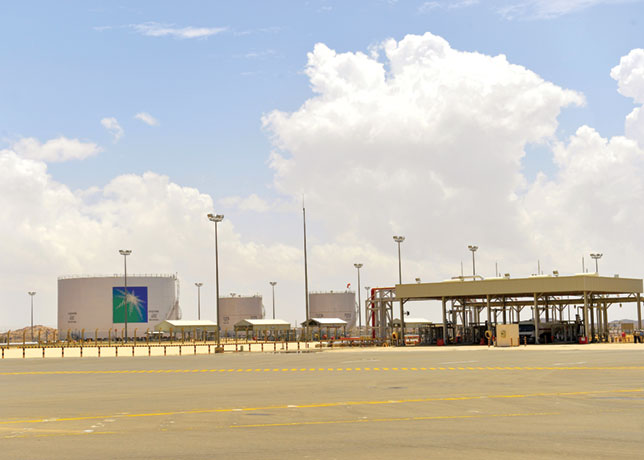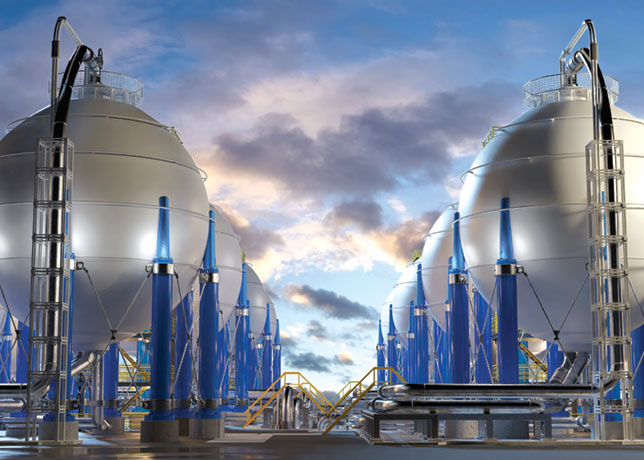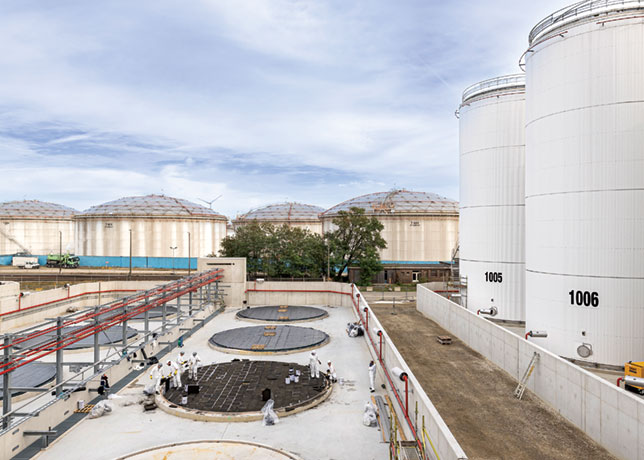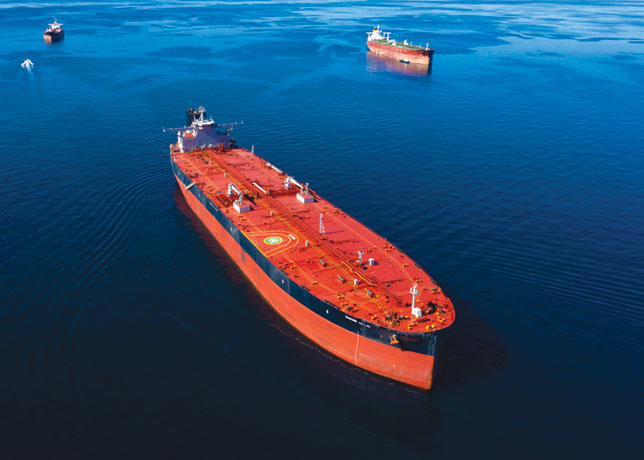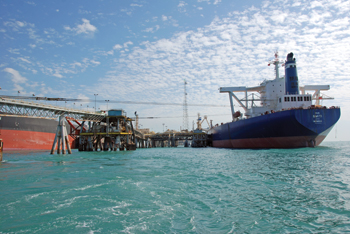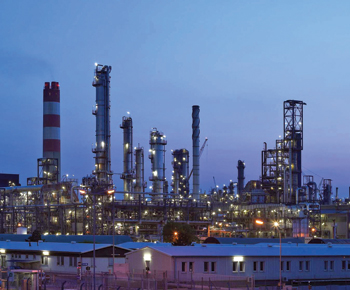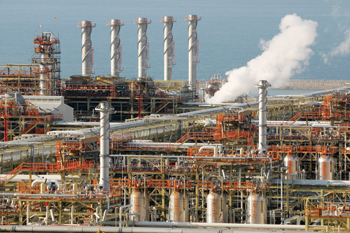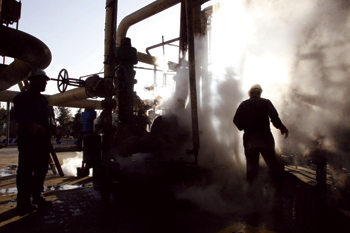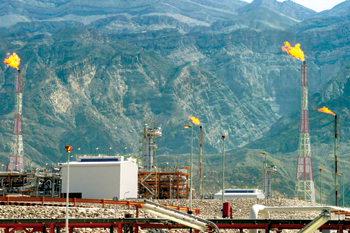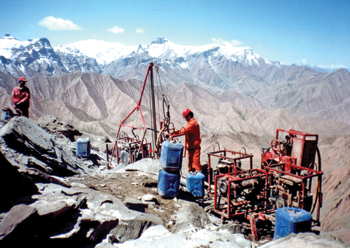
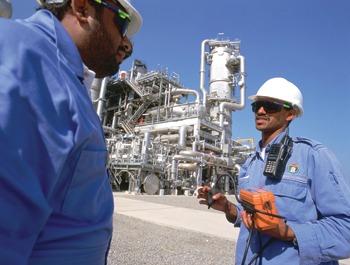 Oman ... getting ready to receive Iran gas
Oman ... getting ready to receive Iran gas
A PLANNED gas supply deal with Oman will enable Iran to market its natural gas through the entire Gulf region, Iranian Oil Minister Bijan Zanganeh says.
Zanganeh says the two countries hoped to finalise an agreement by the end of the current Iranian year next March or the beginning of the next one. A letter of agreement signed in late August paved the way for Oman to receive gas from Iran for 25 years from 2015. Zanganeh says at the time that, based on prices prevailing then, the value of the exported gas would be in excess of $60 billion.
Zanganeh says Tehran planned to market its gas in the region as a retailer once supplies to Oman started to flow.
“We also held negotiations with Oman and the talks have been advancing very well. We have agreed on the basics and we hope to reach a contract by the end of the current Iranian year or the beginning of next year,” he says.
“We didn’t discuss the gas price that much. Besides, we have a new framework for this important plan. We want to transfer the gas to Oman and then look for a market and do marketing in the region,” he says.
“We will probably set up a joint company for the marketing and this will be the first time that we can be present in the region as a gas retail seller,” he says.
Zanganeh was hosting ministers from a group of countries that collectively hold more than 70 per cent of the world’s gas reserves, including Algeria, Bolivia, Egypt, Equatorial Guinea, Iran, Libya, Nigeria, Oman, Qatar, Russia, the UAE, Trinidad and Tobago, and Venezuela. Iraq, Kazakhstan, the Netherlands and Norway are supervisory members.
The Iranian minister called on the Forum to come up with a “road map” for regular meetings to update members on contract and pricing mechanisms, stressing the need for collaboration at a time when “extreme increases in prices will make non-conventional gas production viable and create challenges for...conventional gas producers.”
“I believe, in its effort to promote its position in the international energy scene, the forum has to define a road map, based on a fresh vision for the future,” he says.
Zanganeh also highlighted Iran’s particular situation – vast untapped reserves of more than 33 trillion cubic metres but with production low and consumption high.
“A comparison of (Iran’s) production-to-reserves ratio, especially its export levels... indicates that we haven’t been able to utilise our capacities at the desired level,” he says.
Iran is subject to a raft of international sanctions over its nuclear programme, which Tehran insists is aimed solely at generating electricity but which the West suspects is aimed at building atomic weapons.
Bans on investment in Iran’s energy sector imposed by the US and the European Union have resulted in foreign oil companies such as Shell and France’s Total pulling out of upstream projects to develop Iran’s oil and gas reserves.
Zanganeh, meanwhile, also says Iran was ready to open the tap to supply gas to Pakistan once the neighbouring country had built its portion of the necessary pipeline.




